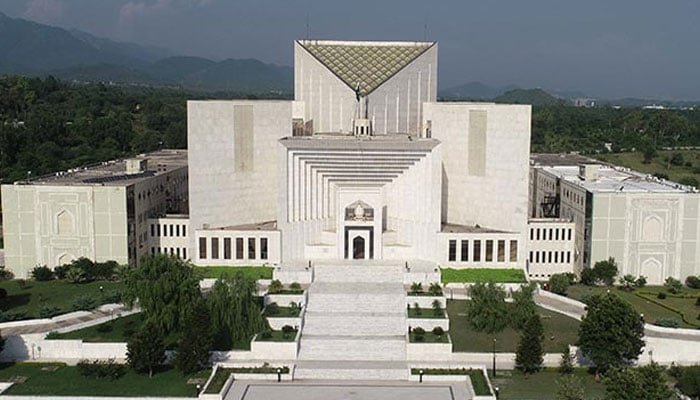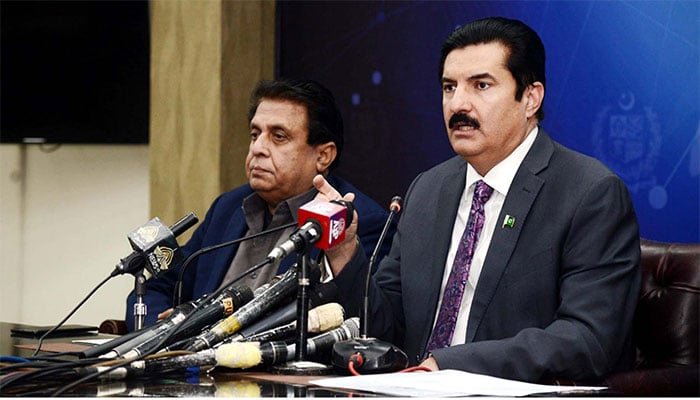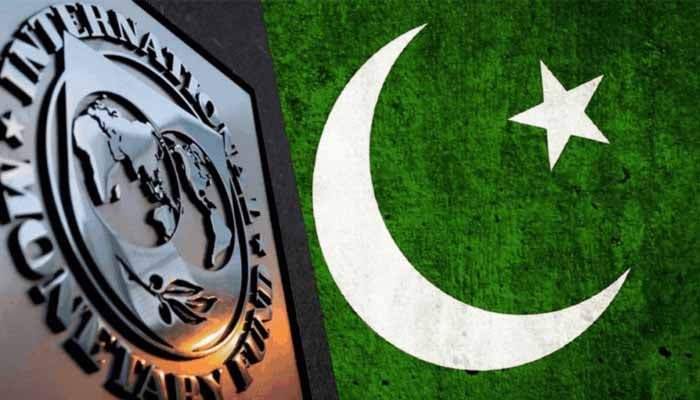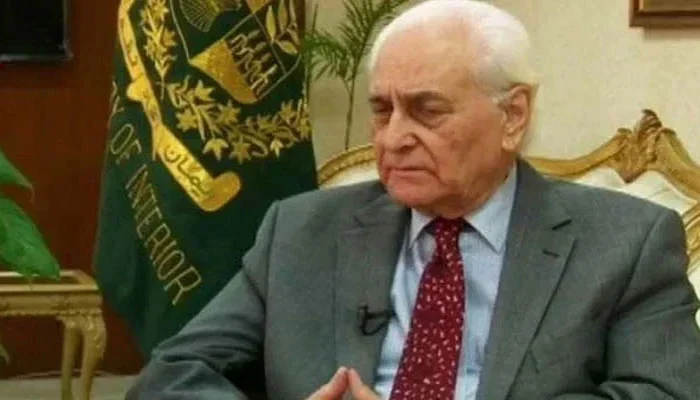During the hearing of a case related to the approval of nomination papers, the Supreme Court of Pakistan remarked that it does not want to issue an order that could cause delays in the upcoming elections.
Justice Jamal Mandokhail, presiding over the appeal filed under PP 224 for the approval of a candidate’s nomination papers, conducted the hearing in response to a plea presented by the Special Secretary of the Election Commission in court.
The court remarked during the proceedings that the appellant had delayed filing the appeal by 12 days, and if the appeal had been filed on time, permission for the elections could have been granted. The court emphasized that it does not wish to issue an order that becomes a cause for delay in the electoral process.
Justice Jamal questioned the Special Secretary about the reason for scheduling the appeal process with such a short timeframe. He stated that the Election Commission should have known that appeals would be filed, and timely appeals could have allowed permission for the elections.
The Special Secretary, Zahoor Iqbal, informed the court that during this phase, the approval of nomination papers could potentially cause delays in the constituencies where the printing of ballot papers has been completed, and the transmission of ballot papers is in progress in various districts.
He further explained that, overall, 26 crore ballot papers have been printed for 859 constituencies, and the printing process for these papers is complete. In contrast to the previous elections where 850 constituencies were involved, this time 2170 tons of paper were requested due to a higher number of candidates. However, to fulfill the paper requirement, the size of the ballot papers has been reduced.
Following the arguments from both sides, the court excluded the appeal under PP 224 for the approval of the candidate’s nomination papers.
This decision by the Supreme Court reaffirms its commitment to maintaining the schedule for the upcoming elections, avoiding unnecessary delays in the electoral process.



